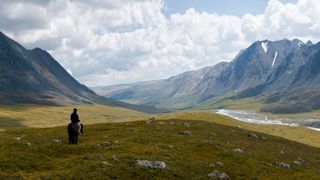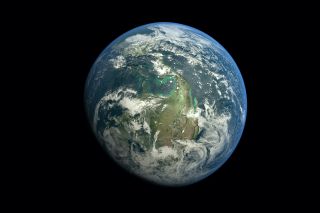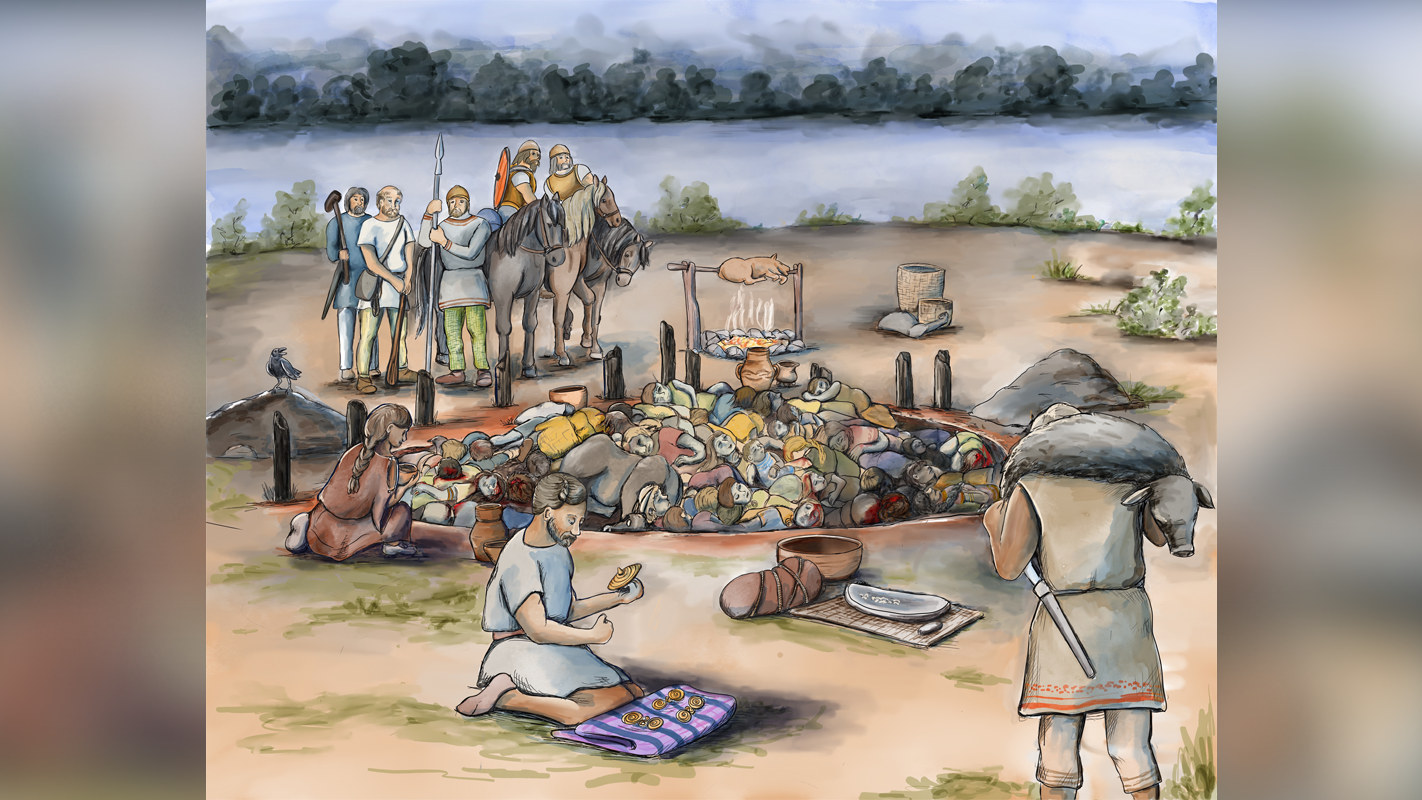
Stephanie Pappas
Stephanie Pappas is a contributing writer for Live Science, covering topics ranging from geoscience to archaeology to the human brain and behavior. She was previously a senior writer for Live Science but is now a freelancer based in Denver, Colorado, and regularly contributes to Scientific American and The Monitor, the monthly magazine of the American Psychological Association. Stephanie received a bachelor's degree in psychology from the University of South Carolina and a graduate certificate in science communication from the University of California, Santa Cruz.
Latest articles by Stephanie Pappas
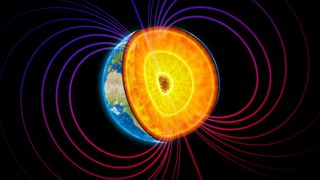
Earth's outer core may hold a hidden 'doughnut'
By Stephanie Pappas published
A newly discovered doughnut shape in Earth's outer core may reveal elements that help drive the formation of the planet's magnetic field.
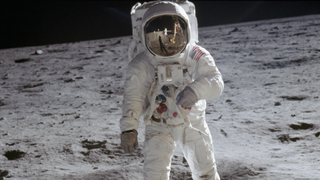
21 of the best conspiracy theories
By Stephanie Pappas, Benjamin Radford last updated
Conspiracy theories that have taken hold range from a faked moon landing to Barack Obama's birthplace to chemtrails.
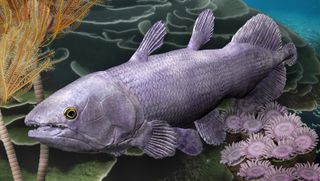
Ancient relative of 'living fossil' fish reveals that geological activity supercharges evolution
By Stephanie Pappas published
The ancient coelacanth, which has existed for some 419 million years, never stopped evolving despite its reputation as a "living fossil." A new discovery reveals that it evolved faster when plate tectonics were most active.
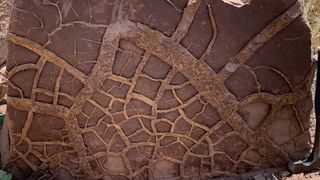
'Mega' El Niño may have fueled Earth's biggest mass extinction
By Stephanie Pappas published
Volcanoes spewing carbon dioxide 250 million years ago heated the climate so much that extreme El Niño events became the norm, pushing most life on Earth past its limits.
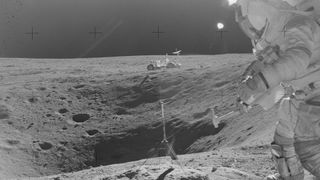
The oldest evidence of Earth's atmosphere may be hiding in rocks on the moon
By Stephanie Pappas published
The moon hasn't had a magnetic field for 4.36 billion years. That means it could hold fragments of the ancient Earth.
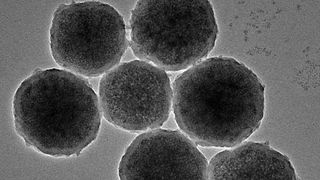
Scientists invent nanorobots that can repair brain aneurysms
By Stephanie Pappas published
Tiny robots much smaller than blood cells could deliver clot-forming drugs where they're needed most, a study in rabbits suggests. The tech has yet to be tested in humans.

MIT scientists build hair-size batteries that can power cell-sized robots
By Stephanie Pappas published
An internal power source could enable the development of tiny robots for applications like drug delivery and remote sensing.
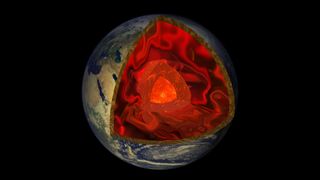
Weird mystery waves that baffle scientists may be 'everywhere' inside Earth's mantle
By Stephanie Pappas published
Structures that scatter seismic waves deep in Earth's mantle seem to be everywhere researchers look.
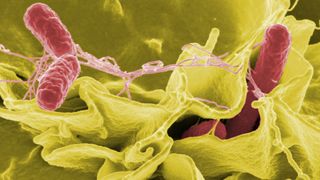
10 of the deadliest superbugs that scientists are worried about
By Stephanie Pappas published
These bacteria have evolved the ability to resist treatment with antibiotics, leaving doctors scrambling to help patients who are infected.
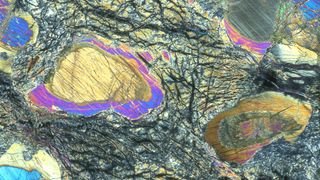
Scientists drill longest-ever piece of Earth's mantle from underwater mountain near 'Lost City'
By Stephanie Pappas published
Scientists just pulled the longest hunk of Earth's mantle from beneath the ocean.
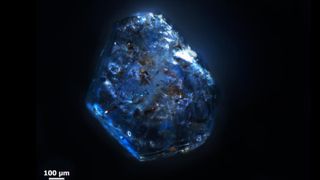
Sapphires form inside the fiery hearts of volcanoes, not deep in the mantle like we thought
By Stephanie Pappas published
A new study of sapphires found in volcanic fields in Germany reveals that these beautiful blue stones form where magma and rocks from Earth's crust mix.

'Simone is a very, very rare bird': Experts discuss the science behind Simone Biles' gymnastic prowess
By Stephanie Pappas published
Even among the world's most elite gymnasts, American Simone Biles, now competing in her third Olympic Games, is a standout.
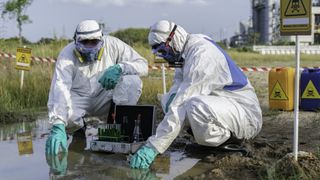
7 scary diseases you can get from the water
By Stephanie Pappas published
Many deadly infections are transmitted via water, including cholera, typhoid and brain-eating amoebas.
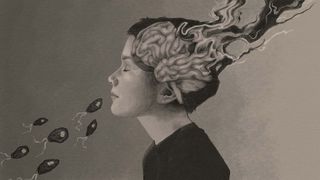
'Brain-eating' amoebas kill nearly 100% of victims. Could new treatments change that?
By Stephanie Pappas published
Feature Doctors are pulling out new techniques and drugs in an effort to cure devastating brain infections.
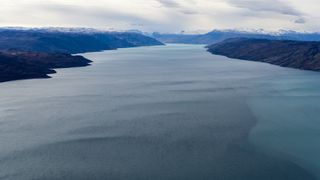
'Failed' microcontinent found hiding beneath Greenland and Canada
By Stephanie Pappas published
The Davis Strait, west of Greenland, holds a long-lost chunk of an almost-continent that didn't quite form about 58 million years ago.
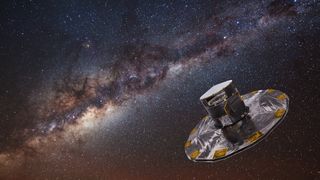
Gaia spacecraft almost doomed by back-to-back meteor strike and solar storm — but ESA says they've found a solution
By Stephanie Pappas published
The European Space Agency's Gaia spacecraft is back to routine operations studying the Milky Way after a meteor strike punctured its protective shield, allowing charged solar particles to stream through.
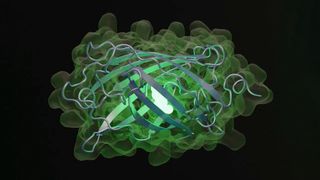
'ChatGPT moment for biology': Ex-Meta scientists develop AI model that creates proteins 'not found in nature'
By Stephanie Pappas published
The ESM3 model can 'write' new proteins from scratch, opening up new possibilities for synthetic biology.

Magic mushrooms temporarily 'dissolve' brain network responsible for sense of self
By Stephanie Pappas published
Psilocybin, the active ingredient in magic mushrooms, reduces the synchronicity within a brain network responsible for reflection and the sense of self.
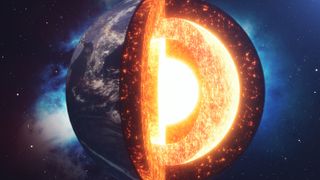
Earth's plate tectonics fired up hundreds of millions of years earlier than we thought, ancient crystals reveal
By Stephanie Pappas published
New research hints that plate tectonics began earlier than 4 billion years ago — not long after Earth had formed.

LA may be spared 'horrifying' fate of the 'Big One' from San Andreas, simulation suggests
By Stephanie Pappas published
A new simulation of the shaking from a magnitude 7.8 south San Andreas earthquake suggests that Los Angeles might avoid a worst-case scenario.
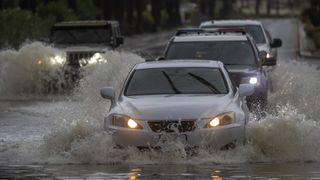
All El Niños will be extreme if climate change isn't slowed, study suggests
By Stephanie Pappas published
In a warmer world, every El Niño could look like today's most extreme events.
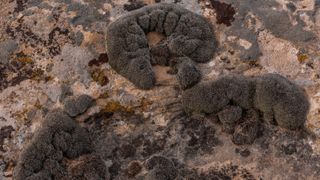
Near-indestructible moss can survive gamma rays and liquid nitrogen
By Stephanie Pappas published
This little moss withstands deadly blasts of radiation, extreme cold and dehydration — and could probably survive on Mars.
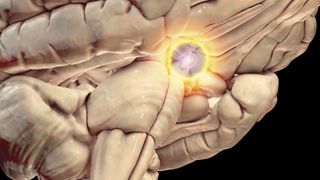
Predator or prey? This 'switch' in the brain toggles when you're hunting or being hunted
By Stephanie Pappas published
The hypothalamus, a brain region that helps control our hormones and sleep cycles, is also responsible for our ability to switch between predator- and prey-like behavior.
Get the world’s most fascinating discoveries delivered straight to your inbox.
